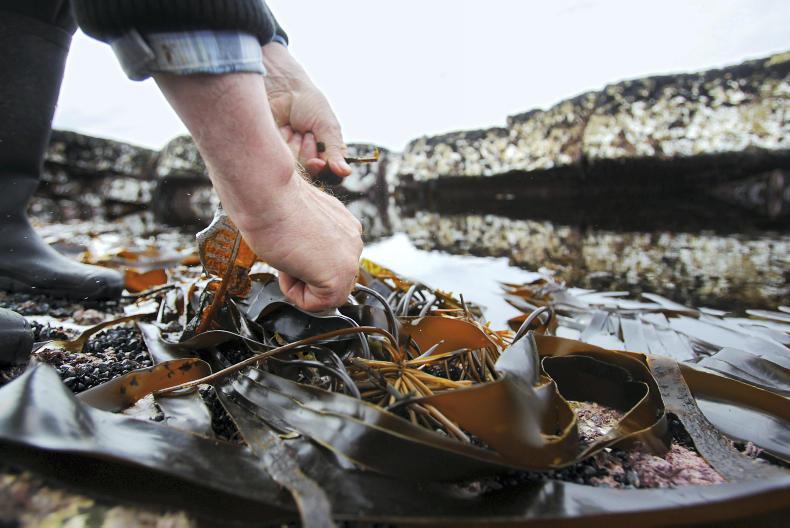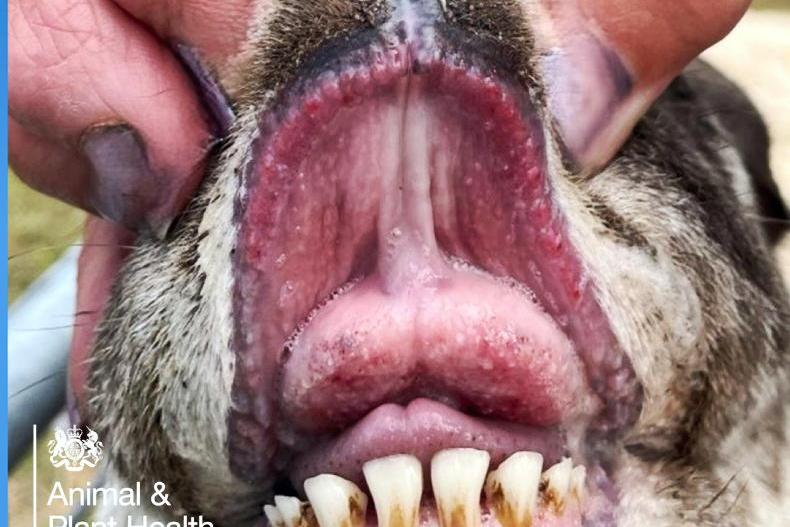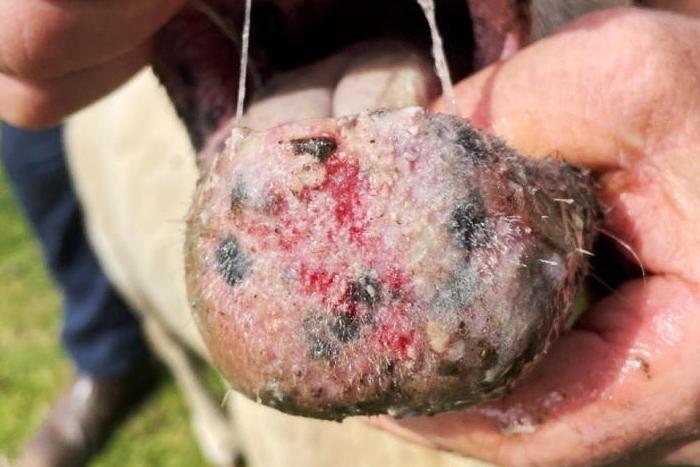Scientists at Queen’s University Belfast (QUB) are investigating the potential of seaweed to reduce both methane and ammonia emissions from livestock, after an initial study showed promising results.
The study, which was undertaken in a laboratory, showed drastically lower methane emissions from four different seaweed species, when compared to the legume forage lucerne.
“This is just preliminary data, but we are very happy to start our in-vivo trial (in real animals),” said Dr Katerina Theodoridou from QUB.
Delivering an online presentation at the Orkney Science Festival, Theodoridou outlined previous research which found including seaweed supplements in ruminant diets at 1-2% of dry matter intake cut methane emissions by 70%.
By introducing seaweed into the diet of ruminants, there is great potential to reduce not only methane, but also ammonia emissions
She explained that brown seaweed contains a chemical known as phlorotannin which reduces the number of methane producing bacteria in the rumen.
Phlorotannin also protects dietary crude protein in the rumen, which leads to lower ammonia emissions from faeces and urine, as well as improved protein absorption in livestock.
“By introducing seaweed into the diet of ruminants, there is great potential to reduce not only methane, but also ammonia emissions, and in that way reduce environmental pollution whilst improving animal performance,” Theodoridou said.
Red Seaweed
The QUB academic also gave an overview of red seaweed which contains a different chemical known as bromoform. This compound slows down some bioactive reactions in the rumen which also leads to lower methane emissions.
We want to reduce environmental pollution, but at the same time we don’t want to reduce animal performance
A key focus of the QUB research will be on how the complex chemical profile of different seaweed species affect livestock when included in diets at various rates of supplementation.
“We want to reduce environmental pollution, but at the same time we don’t want to reduce animal performance or have any animal health issues,” Theodoridou said.
Selective
At the same event, Dr Jessica Adams from Aberystwyth University gave the example of brown seaweed which contains chemicals that slow down fat update when consumed by humans and livestock.
“When we are looking at cattle and sheep, where we want to increase liveweight, its contradictory, so you have got to be selective about which species of seaweed you are using,” she said.









SHARING OPTIONS